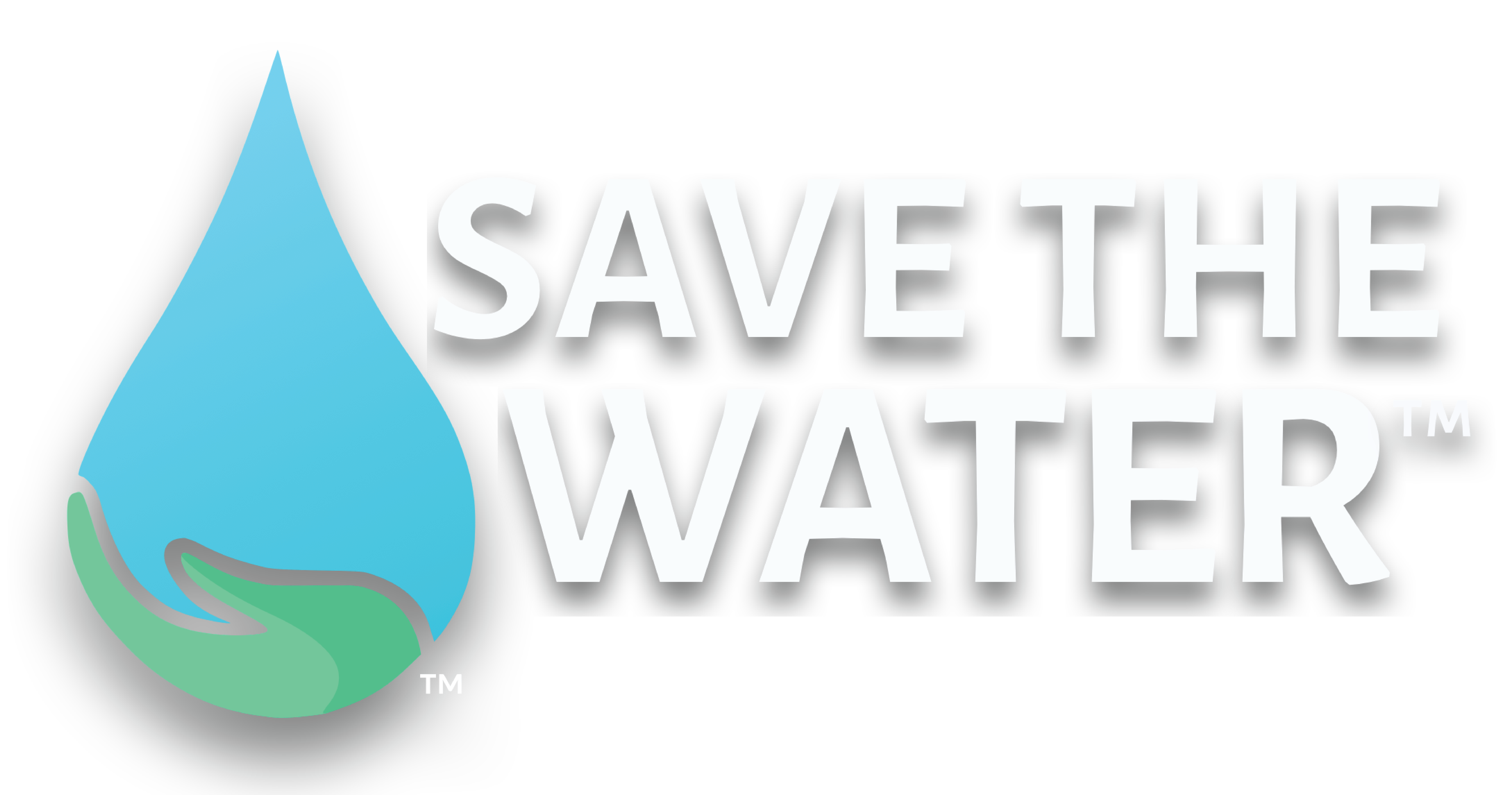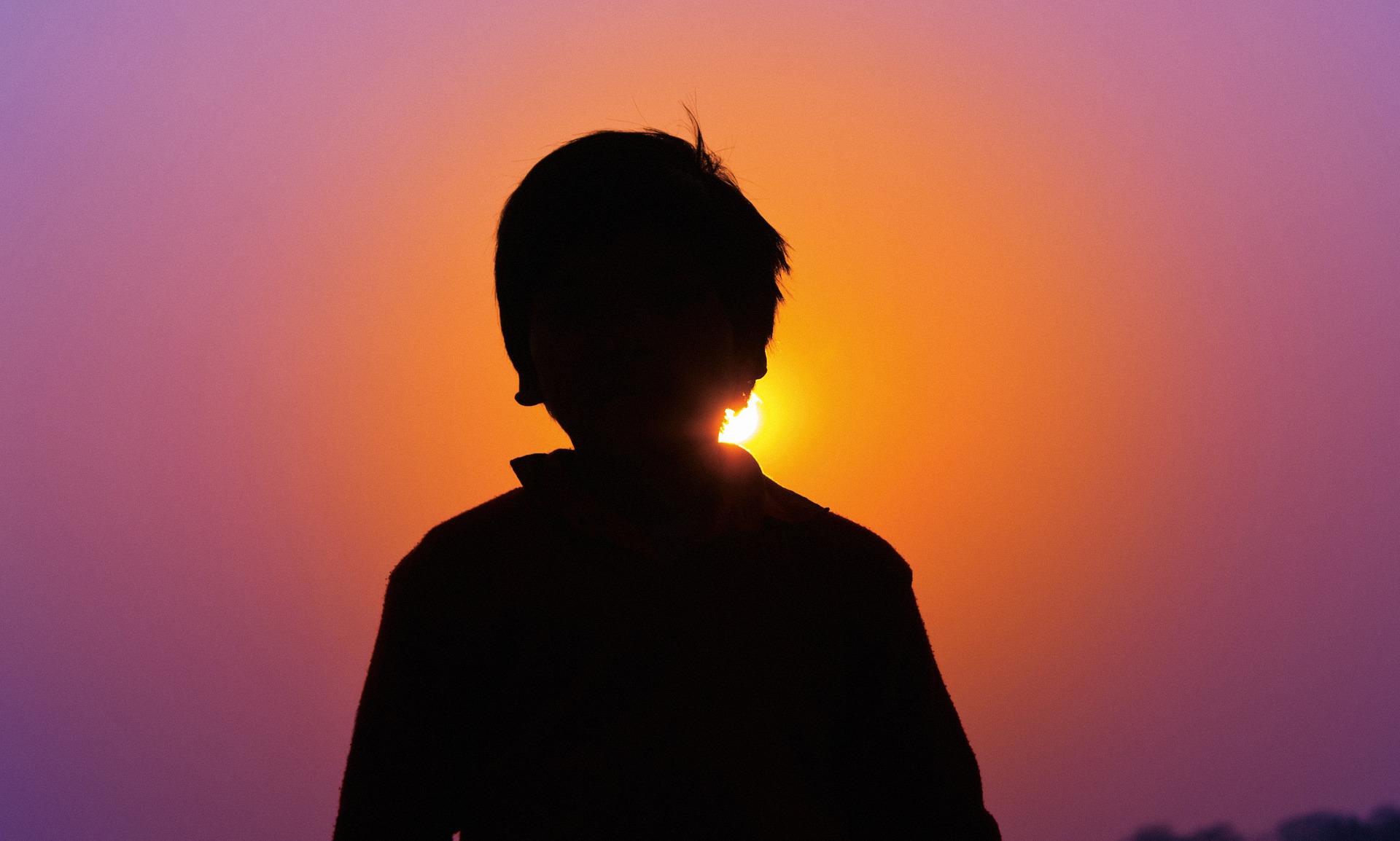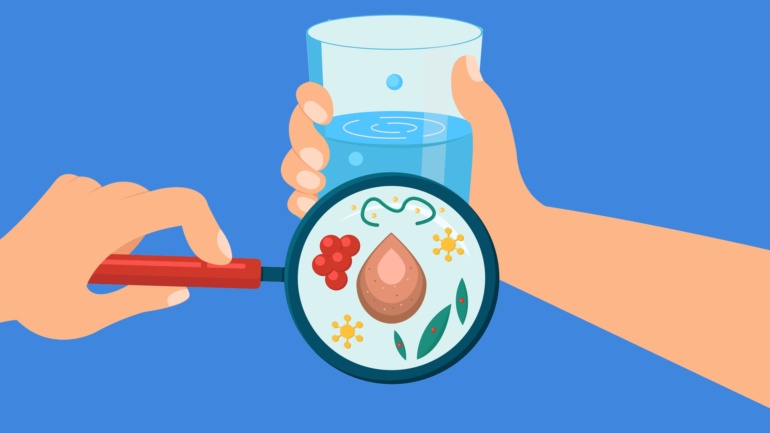By April Day, Publishing Director for Save The Water™ | April 18, 2020
Covid-19 and Water Makes Matters Worse in Places Without Safe Water
Social distancing is one way to slow the spread of the new coronavirus. Another one is handwashing, using soap and water. But many people all over the world lack access to safe, clean water. Here, we will look at two examples: disadvantaged people in India, and the Navajo Nation, an Indigenous nation in the United States.
Covid-19 Poses Significant Risk to Disadvantaged People in India
Many people in India lack access to water infrastructure.
- Overall, in India, about 160 million people don’t have access to safe, clean water.
- About 600 million people in India deal with water shortages.
- Even without the new coronavirus, deaths from unsafe water remain high among disadvantaged people in India at about 200,000 deaths per year.
To be sure, those deaths relate to diseases from unclean water. According to one source, 20% of people in urban areas of India don’t have facilities at home to wash their hands with soap and water. We wrote about these public health challenges here. Remember, handwashing is one first line of defense against the new coronavirus.
Covid-19 Poses Significant Risk to Indigenous Nations in the United States
Now, let’s turn to the United States. Many people in the Navajo Nation, an Indigenous nation in the United States, can’t comply with stay-at-home orders because they must leave home every day to get water. Also, some still use outhouses, which aren’t as sanitary as regular toilet facilities. Here are some facts:
- According to a study by the National Institutes of Health, “American Indians and Alaska Natives” (i.e. certain Indigenous peoples of the United States) died from H1N1, a respiratory disease, at a rate four times that of all other races and ethnic groups combined.
- Now, 40 percent of Navajos must travel many miles to haul water.
Professor Nadeo at the University of Salerno noted that because of globalization, people face new health risks. He said, “In a responsible and ideal scenario, the governments of developed countries must support and finance water and sanitation systems in developing countries, in order to also protect the citizens of their own countries.” We couldn’t agree more.
We wrote about water challenges facing Indigenous communities here and here. As an organization, we believe in safe, healthy water for all.
What You Can Do To Help
You can help by donating to either specific funds for these and similar communities during the covid-19 crisis or you can donate to organizations dedicated to getting clean, safe water to all people.
References
- Bill Chappel. March 26, 2020. “Coronavirus Cases Spike In Navajo Nation, Where Water Service Is Often Scarce.” NPR.
- Sheikh Saaliq. March 18, 2020. “Limited Access to Clean Water Among India’s Poor Spawns Coronavirus Concerns.” Time. https://time.com/5805534/india-clean-water-hygiene-coronavirus/
- Prabhu P. Gounder et al. June 10, 2014. “Influenza Hospitalizations Among American Indian/Alaska Native People and in the United States General Population.” Open Forum Infect Dis., 1(1). https://www.ncbi.nlm.nih.gov/pmc/articles/PMC4324209/




